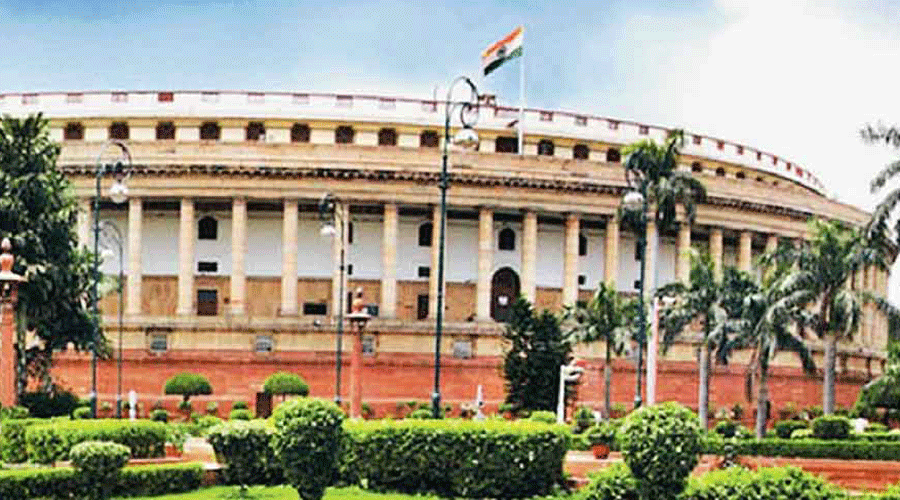A parliamentary panel has asked the government to crack down on the “unholy nexus” between colleges and coaching centres, a trend academics attribute to centralised entrance tests.
The parliamentary standing committee on education, headed by BJP member Vinay Sahasrabuddhe, has highlighted other problems with higher education too, such as cheating in exams, question paper leaks and student-examiner connivance.
It has referred to the “disturbing trend of many colleges associating with coaching classes to prepare their enrolled students in certain cities, making the learning process a farce through this unholy nexus”.
Former University Grants Commission secretary R.K. Chauhan explained: “Many private colleges ask their students to undergo coaching for competitive and recruitment exams (such as CAT, GATE or the NET) from certain coaching centres with which they have collaboration. The coaching centres, too, tell the students who approach them to enrol in certain colleges with which they have a tie-up.”
Chauhan said there was no regulation in place to curb such practice. “These things are happening, but are difficult to prove,” he said.
The parliamentary panel has recommended that the government develop a mechanism to curb the trend and derecognise the institutions involved. It has also suggested the establishment of a study group to assess the ground realities.
The report has also said that certain state universities, deemed universities and local colleges are engaged in a “tough competition” to attract students, and has asked the government to stop this.
“This (practice) has led not just to crass confusion but a feeling of being cheated amongst the students and their guardians,” the report says, condemning all kinds of commercialisation of education.
While the report does not mention specifics, there’s been a trend among some private institutions to make tall claims in their advertisements and brochures that have misled students into enrolling and then regretting.
The panel report has regretted the slow pace of accreditation, a process that evaluates and grades institutions, allowing students to make an informed choice.
Sudha Acharya, principal of ITL Public School here, said the nexus with coaching centres had infected schools too, particularly with the introduction of the Common University Entrance Test for general-stream undergraduate courses, adopted by the central universities from this year.
“Many students are no longer interested in the board exams, practical lessons or even proper studying; they are seeking transfer from normal schools to get admitted to ‘dummy’ schools that collaborate with coaching centres,” Acharya said.
The House panel has also underlined that question paper leaks, flawed questions, rampant copying and student-examiner collaboration were vitiating the examination process in many state universities.
It has favoured question banks (with multiple sets of alternative question papers) to curb cheating and the digitisation of the examination process for fair and timely exams. Digitisation will, for
instance, allow the exam authorities to send the question papers online to the centres for local printing, saving time.
The panel has made another recommendation: amend the UGC Act to allow deemed universities to use the tag “university” with their names – a longstanding demand from the deemed universities.
Currently, only universities established by acts of Parliament or state legislatures can have the word “university” in their names. The status of deemed university is granted through an executive order.










